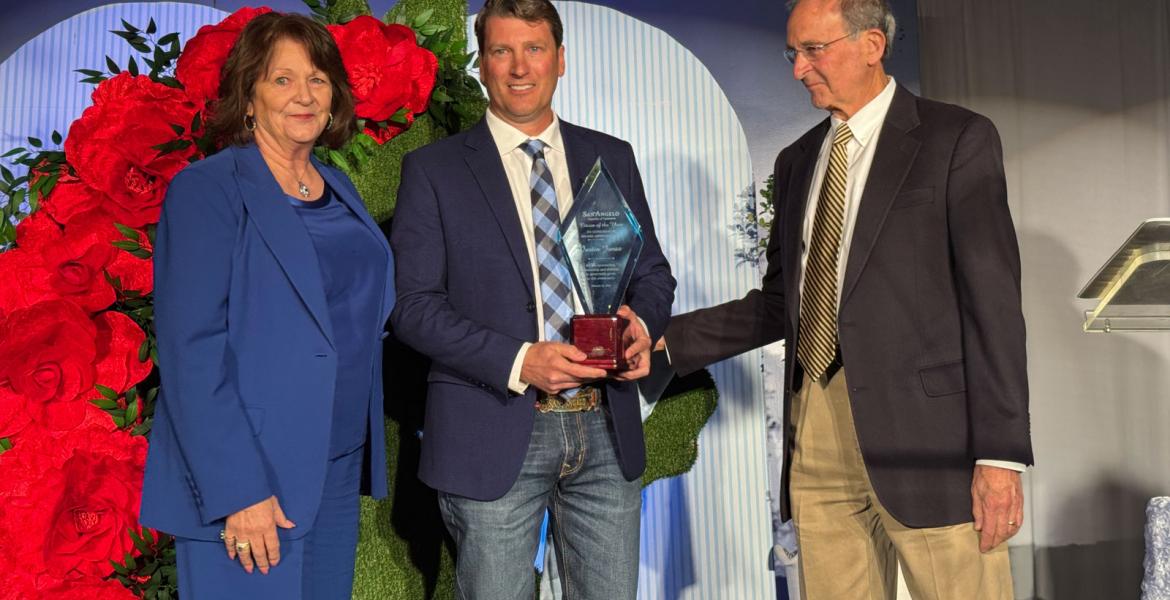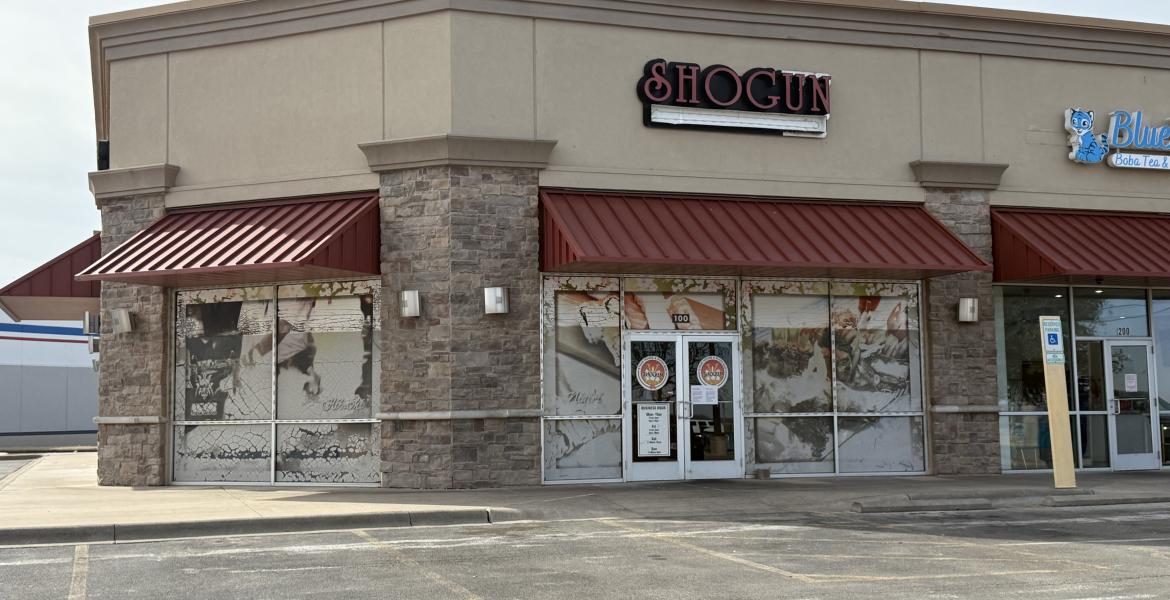In light of the increasing numbers of temporary workers living in San Angelo, and the dreaded “man camp” issue, the City of San Angelo staff presented the results of an internal investigation of properties catering to mobile home and recreational vehicles (RVs). Interim Director of Development Services A.J. Fawver presented the findings to the city council Dec. 17, suggesting that the city is contemplating “taking a new direction to focus on the mobile home issue.”
During the past 50-60 years of regulating mobile home parks, the City of San Angelo has never implemented uniform ordinances that covers all parks. The city council is asking for staff recommendations on how to standardize city laws for mobile homes and RVs.
The concern expressed to her by council, Fawver said, is that citizens are worried about the influx of RVs into the city that are living quarters for oil field workers. These types of residents are usually more transient and living in RVs.
There are 18 mobile home and RV parks around the city, each with different zoning variances and rules as to how they are maintained. Fawver expressed an interest in designating all parks as “Manufactured Housing Park,” or MHP.
At issue is the burden the rezoning will place upon park owners who don’t already comply with existing MHP zoning rules.
For example, an MHP zone requires that the park be at least three acres in size and not contain more than 30% RVs. There are some parks that have less acreage and more lots with RVs. Fawver also suggested there are public safety concerns, like alleyways in parks may not be wide enough for a city fire truck.
For the libertarians in the audience, Fawver’s presentation was sounding like the opening salvos of a movement to demand that all mobile home parks within the City of San Angelo be regulated out of existence.
Then Councilman Don Vardeman spoke up in the defense of mobile home park owners.
“I don’t want to put anyone out of business. These people [park owners] have already gone into agreement with the city and I don’t want to change horses on them in midstream, forcing them to close their business or spend a lot of money to rise up to new standards,” he said.
Mayor Dwain Morrison agreed, and backed Vardeman up with a full-throated defense of the mobile home industry.
“We need these parks. As long as they meet public safety standards, I don’t have a problem with them.,” he Morrison said.
Referring to Fawver ‘s concern about the percentage of RVs parked in mobile home parks, Morrison said, “We need to increase that 30% to 50%. The city needs the revenue. Maybe we need to tweak it a little bit.”
During the next 30 days within the moratorium on new regulation of mobile home parks and permits, Council instructed city staff to design proposals that will standardize city ordinances without placing undue burden upon existing mobile home park property owners.
Regardless of the free market principles expressed by Vardeman and Morrison, city staff retained a red herring that could still cost existing mobile home park owners dearly: Public safety regulations. No one wants to be argue for being unsafe, though many of the city’s mobile home parks have been the way they are for years, unsafe or not, according to today’s standards.
Subscribe to the LIVE! Daily
Required






Post a comment to this article here: